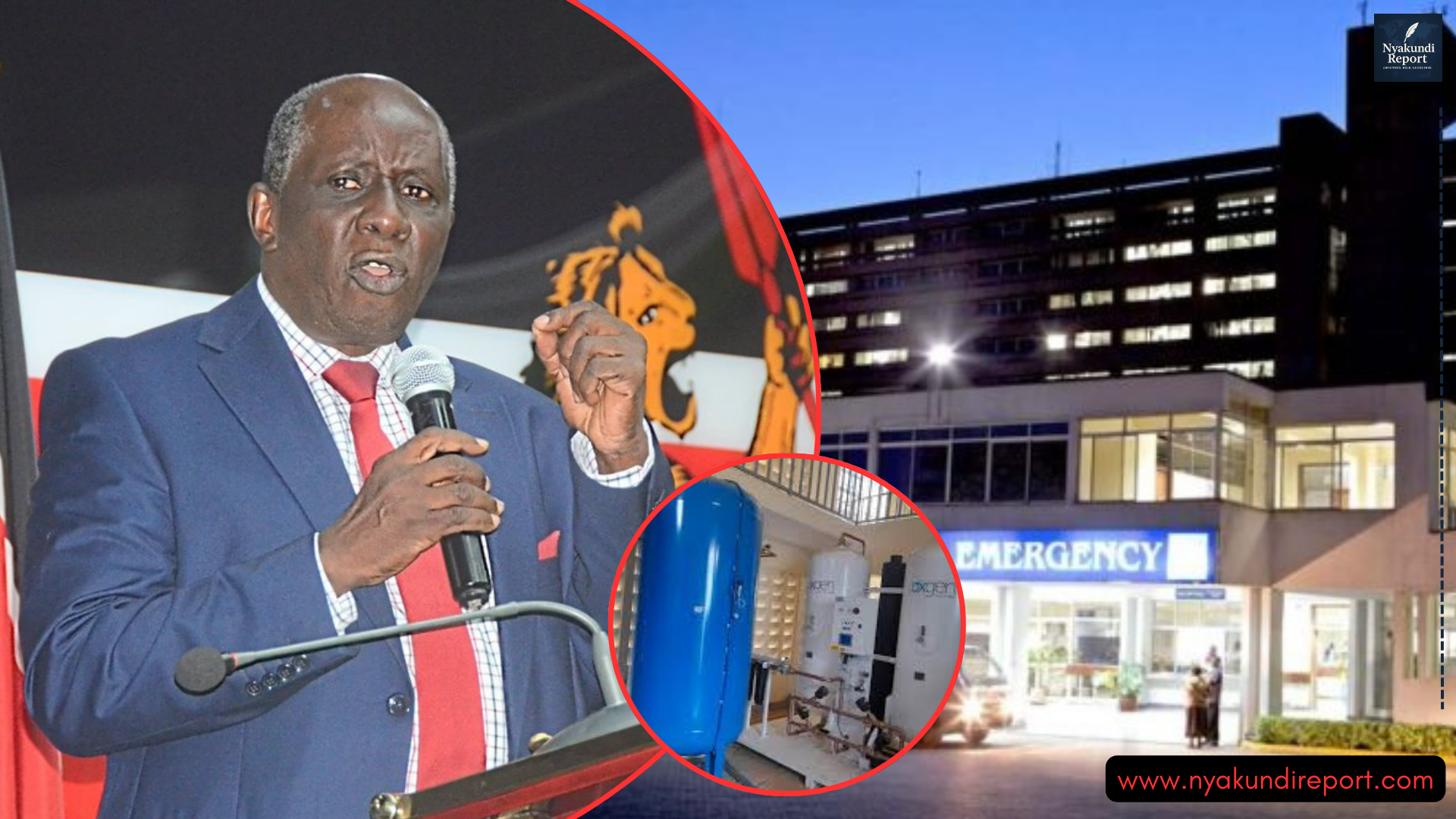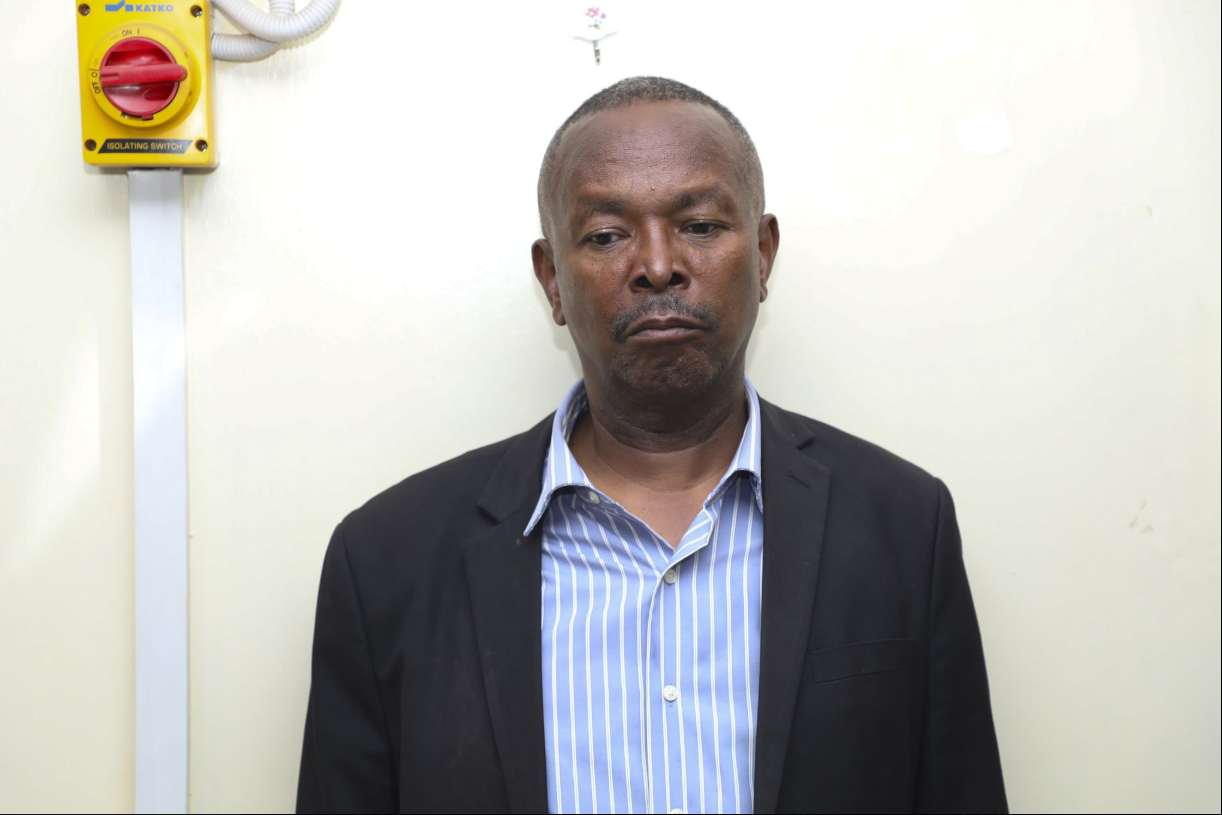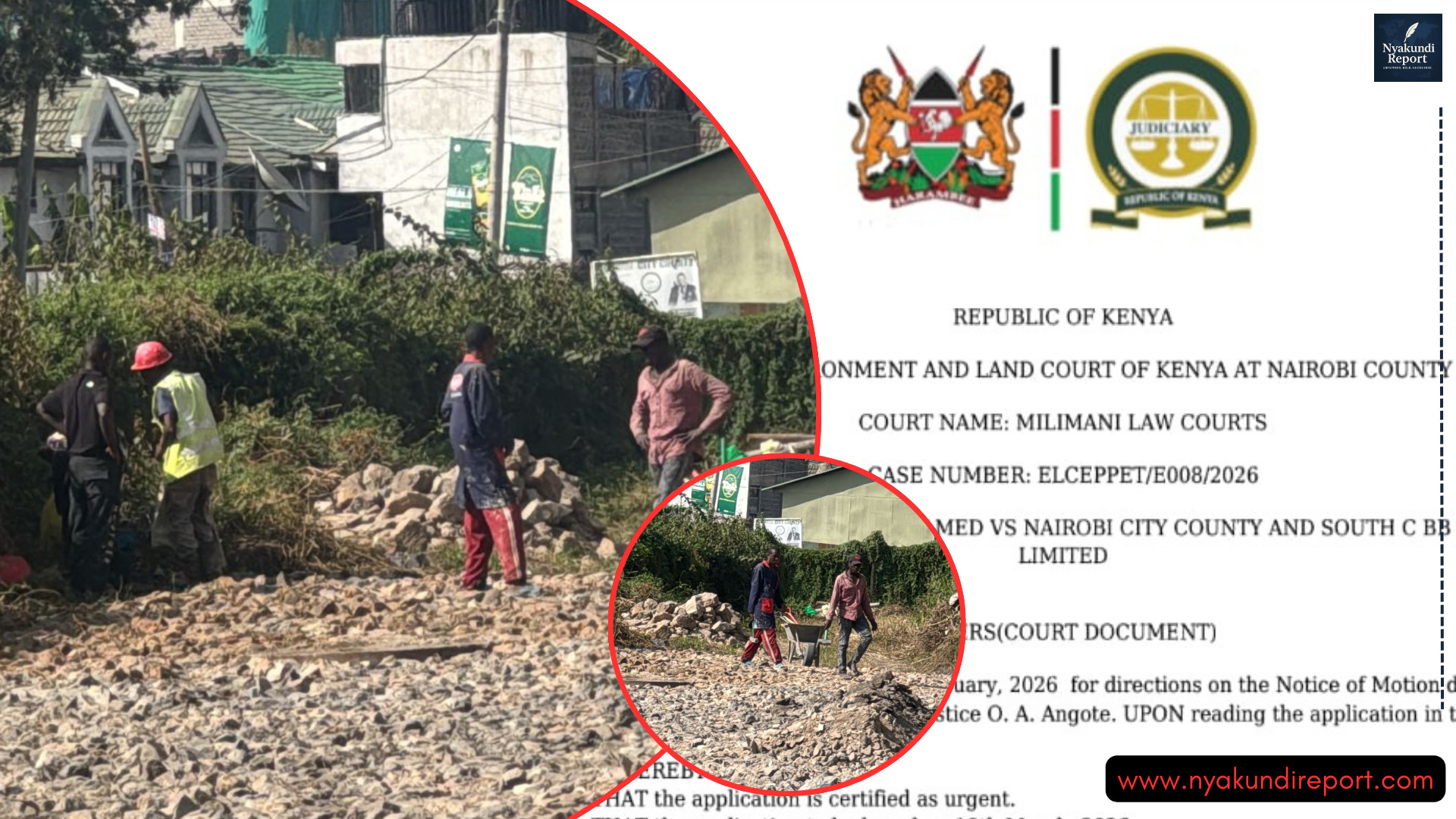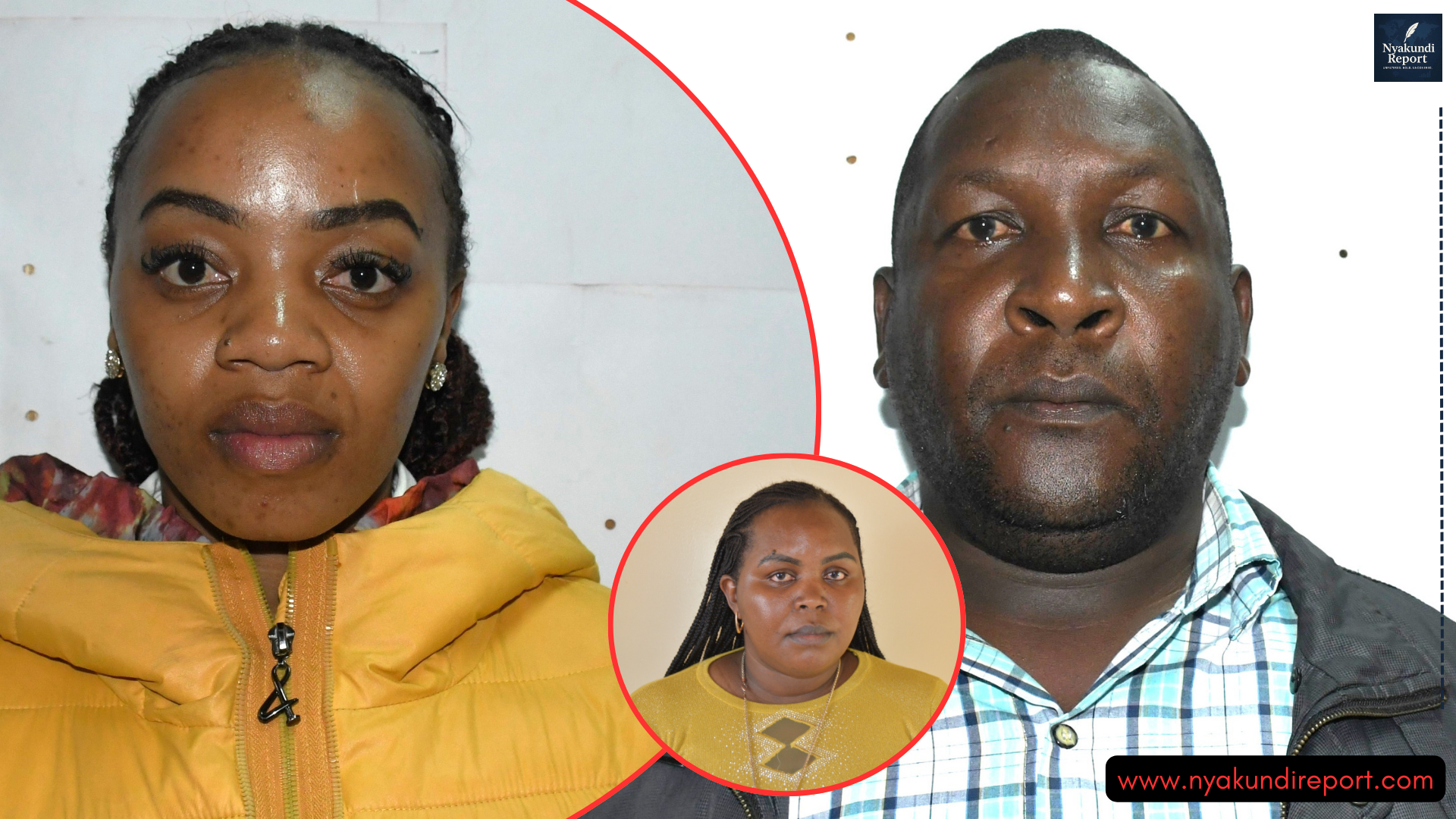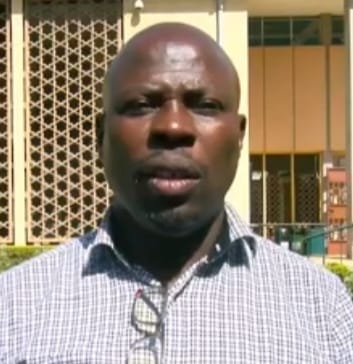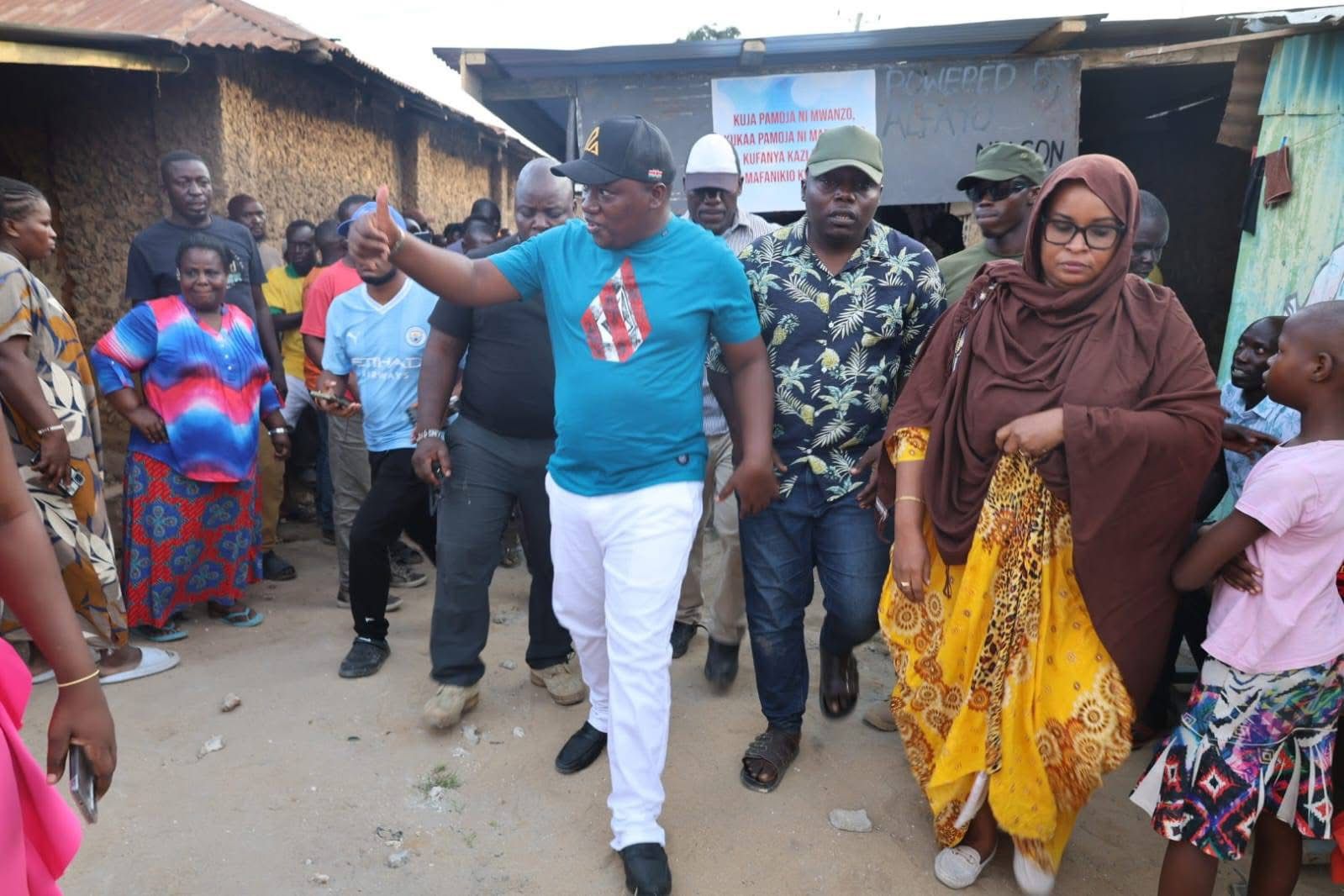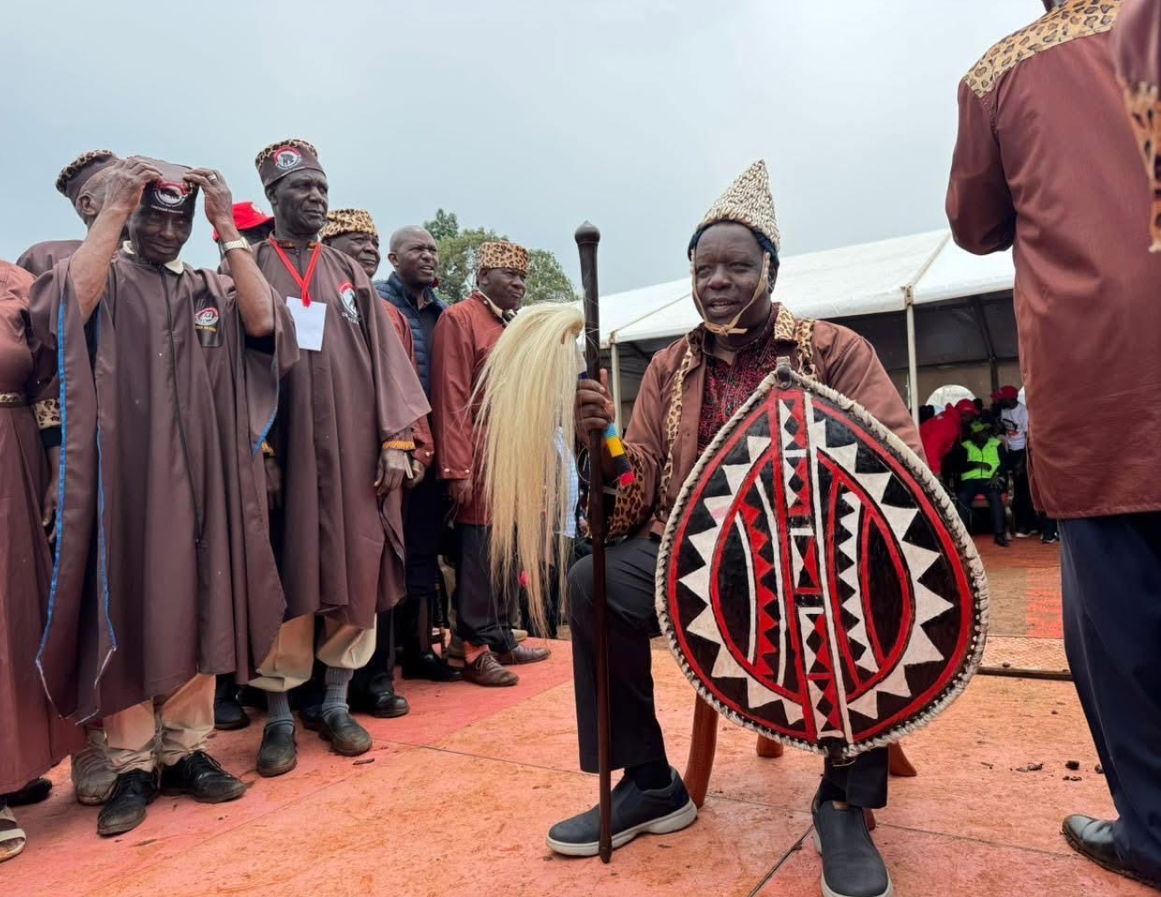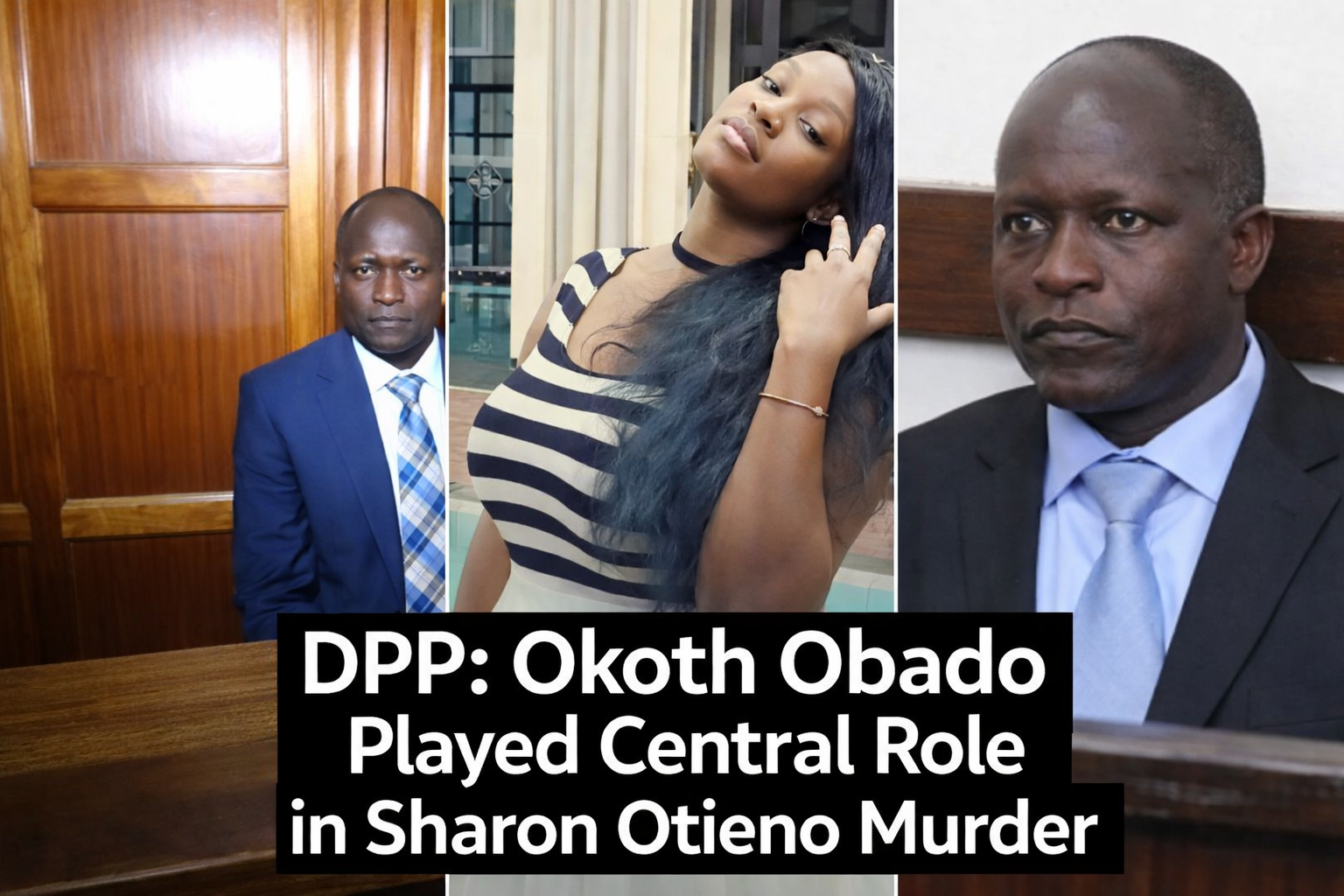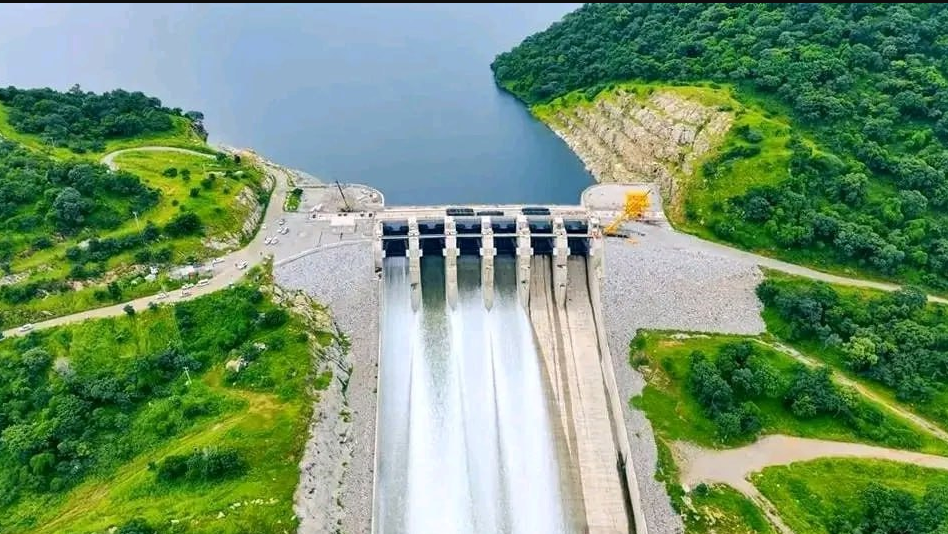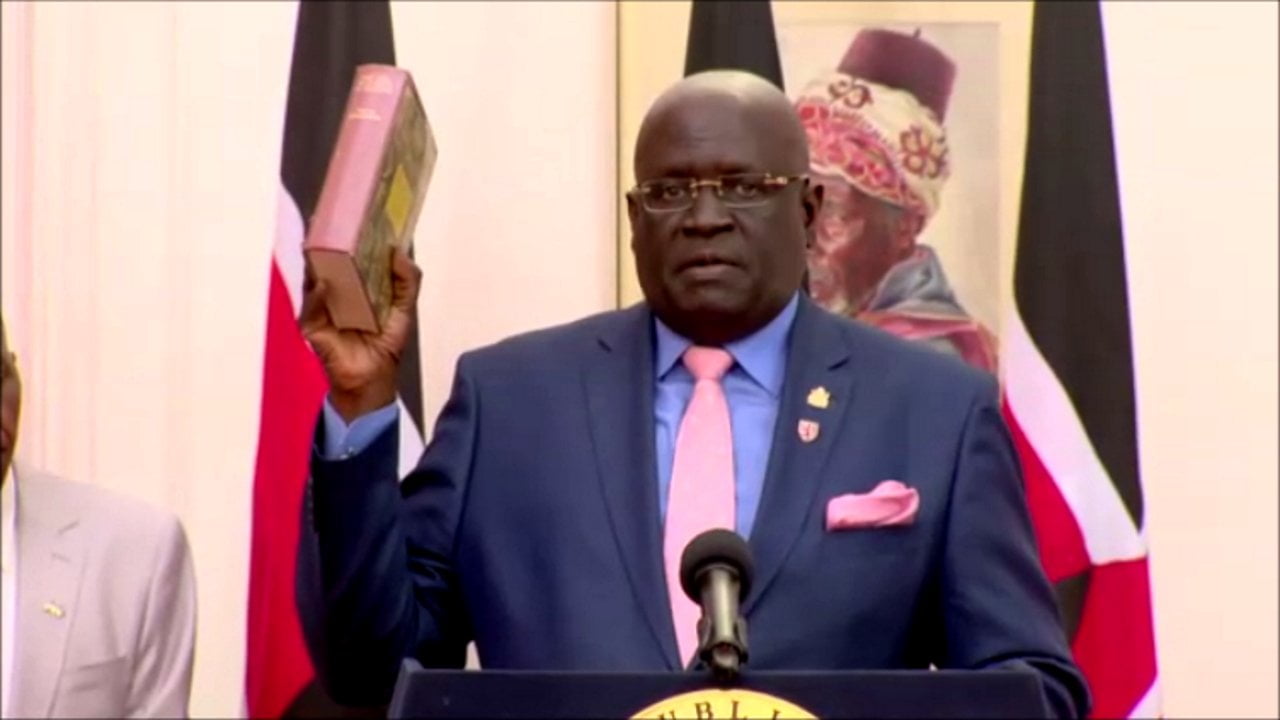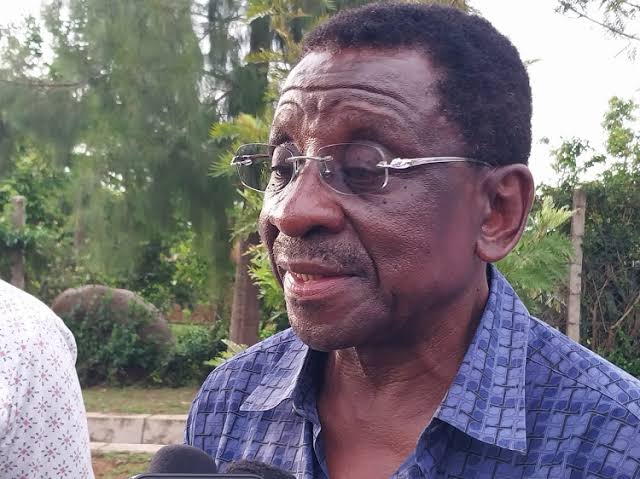In a decisive court ruling issued by the High Court in Nakuru on 11 September 2025, Keroche Breweries Limited under the leadership of its founder Tabitha Karanja obtained a comprehensive set of interim protections that temporarily halted a liquidation petition brought by businessman Sam Shollei and restrained any further publication or advertisement of that petition in the Kenya Gazette or other media outlets while the matter proceeds to a full hearing.
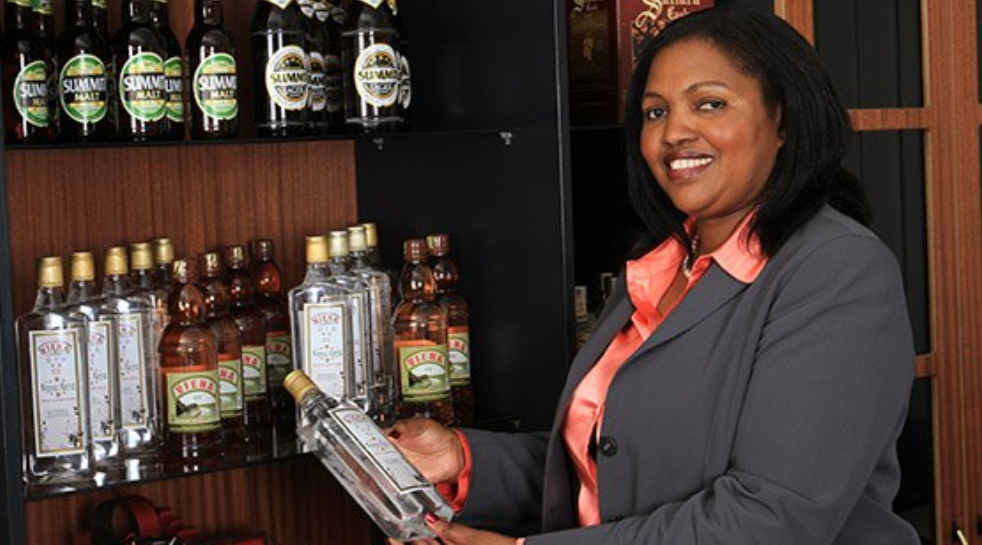
This development has created a critical window for the brewer to contest the validity of the statutory demand on which the petition was based and to protect its commercial reputation in an intensely competitive beverages market where reputational damage can rapidly translate into financial strain and disrupted supply relationships.
The orders, delivered by Hon. Mr Justice Mohochi Samwel Mukira on 11 September 2025 and reflected in the court record under Cause HCCOMMIN E003 of 2025, require that Keroche’s application be served on the petitioner and on Pronto Energy Limited as an interested party within three days, mandate that the respondent and the interested party file their responses within seven days of service, and fix an inter partes mention for further directions on 23 September 2025, while at the same time the judge directed that certain pleadings that had evidently been misfiled for the Court of Appeal be expunged from the record, orders which together erect an immediate procedural barrier against any further erosion of Keroche’s commercial reputation while preserving the parties’ rights to a full contested hearing on the merits.
 Loading...
Loading...At the heart of the dispute, as set out in a suite of affidavits and a certified application filed on behalf of Keroche by the law firm Waruiru Karuku and Mwangale, is a statutory demand dated 30 June 2025 that purports to give rise to the liquidation petition lodged on 23 May 2025 and to a subsequent advertisement in the Kenya Gazette on 21 August 2025.
This statutory demand, the brewery contends, was not signed by the creditor or an authorized agent but instead bears the signature and stamp of the Deputy Registrar of the High Court at Nakuru, an irregularity that Keroche’s counsel argues is fatal to the competency of any liquidation claim predicated upon that document under the provisions of the Insolvency Act and which, if allowed to stand, would permit the transformation of contested debt litigation into market-crippling publicity with consequences far beyond the narrow dispute between the parties.
 Loading...
Loading...Keroche’s sworn materials set out the procedural timeline and the commercial structures that could be affected by an insolvency declaration, asserting that the company remains solvent and operational, employs more than five hundred people, purchases raw materials from a network of smallholder suppliers, contributes tax revenue to the state, and maintains export links within regional markets.
The advertisement of a liquidation petition has already, by the account of Keroche’s management, prompted anxious enquiries from suppliers, the prospect of constrained credit facilities from lenders and reputational reverberations among trading partners, harms for which the company has laid claim for damages in an amount that the pleadings describe as commensurate with the scale of the alleged injury.
Keroche’s counsel has argued that the litigation represents a use of insolvency procedures intended to apply pressure on the company, a claim supported in the affidavits by a catalogue of procedural missteps on the part of the petitioner that Keroche’s lawyers contend reveal a pattern of initiating proceedings and then withdrawing them without pursuing substantive relief to its conclusion.
This conduct, they say, has multiplied the reputational injury suffered by the company and thereby justifies the court’s intervention to prevent further publication of the petition pending a proper adjudication of whether the statutory demand was ever a valid precursor to liquidation.
What the court has done in its interim orders is to place a judicial brake on the acceleration of those market consequences while the parties prepare their full arguments.
The temporary injunction restrains any further advertising or publicizing of the liquidation petition in the Kenya Gazette, newspapers or any media, and the stay prevents the execution of any liquidation steps that might otherwise have followed the advertisement, outcomes which afford Keroche the procedural room to press its contention that the statutory demand and the resultant petition are void for want of the formalities that the Insolvency Act prescribes and to have the Court of first instance rule upon those central questions without the disruptive backdrop of ongoing public speculation.
For observers in the corporate and legal communities, the case illustrates the delicate balance courts must manage when confronted with applications that sit at the intersection of debt enforcement and public confidence in commercially important enterprises.
While the temporary character of the order means that final resolution remains some weeks away, the direction to expunge misfiled appellate pleadings and the prompt timetable for service and response suggest that the judge is intent upon a disciplined and timely determination of the procedural threshold issues that will determine whether the liquidation process ought to proceed or be struck out at an early stage.
The petitioner’s claim, as reflected in the grounded liquidation petition, rests on an alleged unsatisfied monetary decree from the Nakuru Employment and Labour Relations Court in Cause No 35 of 2019 and seeks a recovery figure that the petition quantifies at seventy five million shillings.
The respondent’s position is that the debt is in dispute and that appellate proceedings have been engaged which, when combined with the asserted defect in the statutory demand, render the petition an inappropriate instrument for the kind of commercial siege that an advertisement of insolvency amounts to, a point that Keroche’s filings press with considerable force while reserving their fuller evidentiary exposition for the inter partes hearing scheduled later this month.
Market participants and stakeholders are observing how the inter partes hearing will proceed, whether the petitioner can validate the statutory demand, and what orders the court may issue beyond the interim protections, as the outcome is expected to influence the handling of future insolvency proceedings involving major Kenyan employers.
They will also be watching what, if any, remedial orders the court might make beyond the interim protections now in place, because the ultimate legal resolution will determine not only the immediate destinies of the parties before the court but also establish a touchstone for how Kenyan insolvency procedure is to be deployed in circumstances where reputational harm to large domestic employers is plausibly at stake.
For Tabitha Karanja Keroche and the management of Keroche Breweries the immediate effect of the Nakuru orders is to buy time and to move the locus of the dispute back into the courtroom where legal form and substantive contestation must guide the outcome rather than the market rumour that a Gazette advertisement can generate.
The enterprise will nevertheless need to marshal documentary and appellate support in the days ahead so that the temporary shield provided by the court is converted, if the company’s case proves sound, into a definitive judicial vindication of a corporate entity that the pleadings portray as vital to rural livelihoods, to manufacturing value chains and to an indigenous industrial capacity that has been built over many years.

